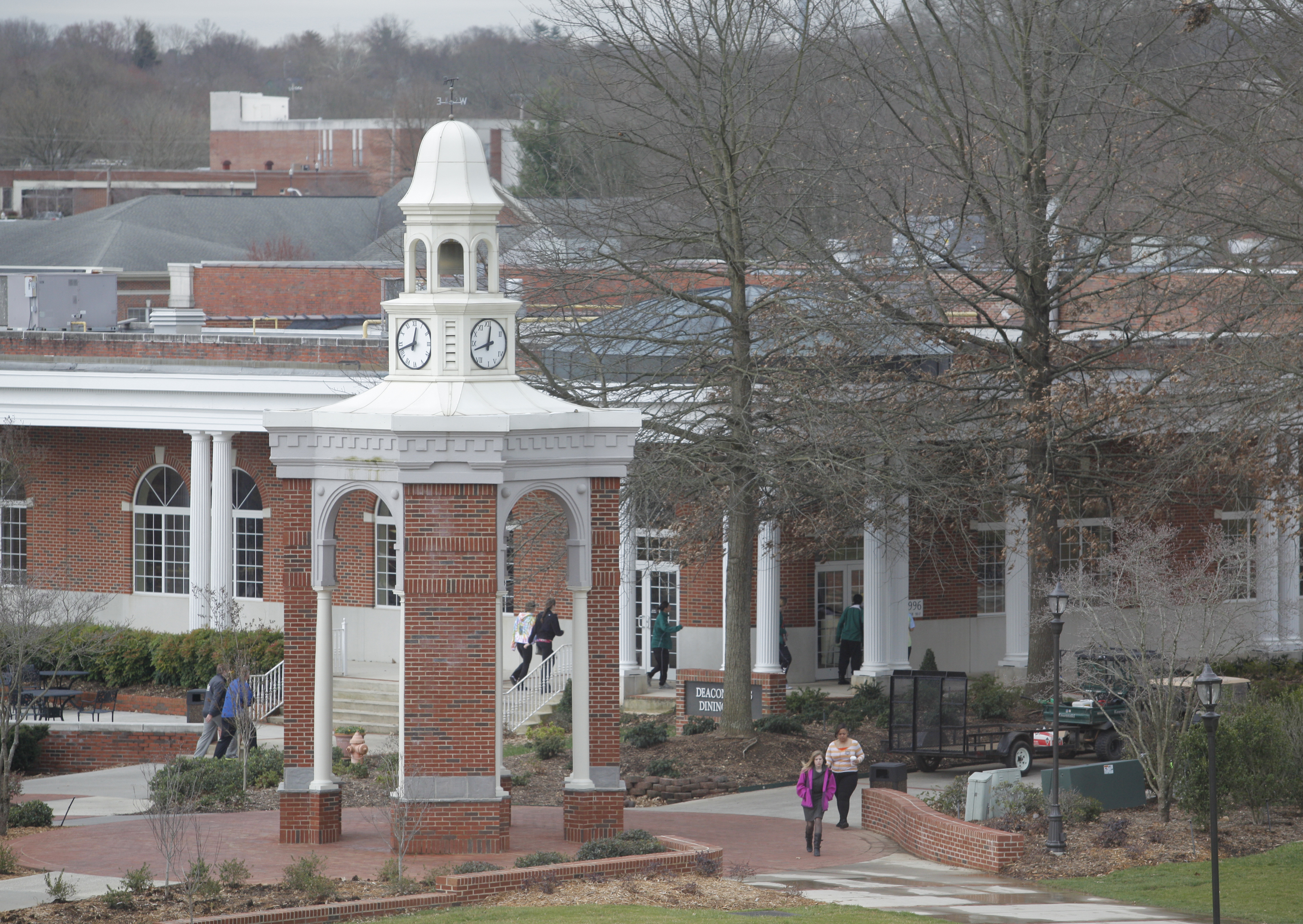Interactive graph of Tennessee students' debtInternet Explorer 7 and 8 users, please note that this interactive chart will not display properly in your browser. Please either use another browser or click here to view a standard view of this chart.
SWEAT THE DEBTHow do graduates of Tennessee's largest universities stand in terms of average student debt?1. University of Tennessee, Knoxville -- $20,296 (29,937 students)2. Middle Tennessee State University -- $21,484 (23,246 students)3. University of Memphis -- $25,629 -- (20,379 students)4. East Tennessee State University -- $16,635 (13,119 students)5. Vanderbilt University* -- N/A (13,119 students)University of Tennessee at Chattanooga -- $13,845 (9,558 students)* Private nonprofitStudents at which Tennessee universities accumulate the most debt?1. Belmont University* -- $29,0582. Fisk University* -- $27,3453. Lee University* -- $27,213Maryville College* -- $25,4525. Rhodes College* -- $26,147* Private nonprofit The least debt?1. Lane College* -- $8,6192. Tennessee Technical University -- $9,9523. King College* -- $12,6034. University of Tennessee at Chattanooga -- $13,8455. Milligan College*, $18,394* Private nonprofitSource -- The Institute for College Access & Success, College Insight, college-insight.org, U.S. Department of Education
Tennessee is one of the nation's best states when it comes to managing student debt, according to a new study, but a stunning amount of the state's graduates still struggle to find economic security.
NerdWallet, the San Francisco-based financial literacy website that completed the study, determined Tennessee's ranking based on 2011 graduates -- the newest public data available. Volunteer State students graduate with the sixth-lowest debt in the nation, nearly $6,000 less than the U.S. average of $26,600. And the debt load among grads from the University of Tennessee at Chattanooga is better yet -- $13,845, about half of the national average.
The report cites Tennessee's "generous" Hope Scholarship as a tremendous leg up in comparison to other states' funding opportunities -- nearby Georgia students graduate with $22,443 in debt, and Alabama's graduates are closer to the national average with $25,192.
However, compounding interest rates and wallowing job markets make it hard for students to make steady progress toward repayment in 2013, regardless of the debt amount itself. Students may be "better off," but hardly in a favorable spot.
"It is impossible to pay for student loans and afford an apartment and food," said Alicia Coller, who graduated from UTC in 2009. "If my mom wasn't helping by paying a portion of my rent, I wouldn't be able to afford to live anywhere."
As an administrative support assistant at UTC, she is paying off her $32,000 in private loans with $350 monthly payments and 40-hour workweeks at the same campus where she earned her degree.
And it's still not working out.
"As the cost of everything continues to rise, I have started looking for a second job," she said. "It will take decades to pay off this loan."
That's not to say student loans are designed to be paid off quickly, though. Federal loans, which place less emphasis on capitalizing on a principal or profit than private lending companies, aim for most students to repay their debts within 10 to 25 years. The difference in time or debt size can be as simple as out-of-state student tuition or a prestigious private university's more expensive pricetag.
Barbara Shaffer and her husband, Isaac, face a total $40,000 in student loan debt after four years at Carson-Newman College, which graduates students with $22,306 in debt on average. After finishing her human services degree, Barbara ended up at America's largest employer -- Wal-Mart.
"The most frustrating thing is that we are both working jobs that have nothing to do with our degrees," she said. "Looking back, I would've gone to a two-year college to study a trade that's in high demand."
The Shaffers are now both employed by a large insurance company's customer service department. They will spend the next 10 years forking over $460 every month.
"We're not hard-pressed for money, as we don't have kids or car payments, but we could be making double mortgage payments or investing the money elsewhere in our future," she said.
Even the researchers at NerdWallet who completed the survey see how current borrowers act in desperation when it comes to student loan debt.
"You have true stories of people who are 60, went to college late, and couldn't get a job afterward," said Divya Raghavan, a NerdWallet statistician. "The best way for them to get rid of it is to simply not pay it off before death."
Even if borrowers go bankrupt, student loans do not disappear -- paying for an abstract education instead of a tangible, repossessible item means few things can be taken as security interest. The loans stick around until they're paid.
"It's in the best interest of loan providers to give [borrowers] a lot of time," Raghavan said.
The overhanging threat of potential debtors-to-be follows students onto campus, even as freshmen. Many are told from their orientation dates to prepare for a tedious post-graduation experience.
Jordan Suggs, who studied political science at Chattanooga State for two years, said college wasn't worth it. He's $29,000 in debt without a degree to his name.
"The school assured me that there was a way to figure it out while I was attending classes," Suggs said. "Looking back, I should have turned down the school and stayed at home."
Every year, however, millions of freshmen continue to enroll in college with hopes that they can figure it out.
Pierce Kinder, a freshman at Middle Tennessee State University, created a record label to earn modest money while studying music production at the school. Kinder admits he uses money from a trust fund to attend school, but says his "Open-Minded Records" label could put him in a better place than most of his peers.
"I hear everyone talking about how they don't have jobs," he said. "So I gave myself one."
Contact staff writer Jeff LaFave at jlafave@timesfreepress.com or 423-757-6592.

